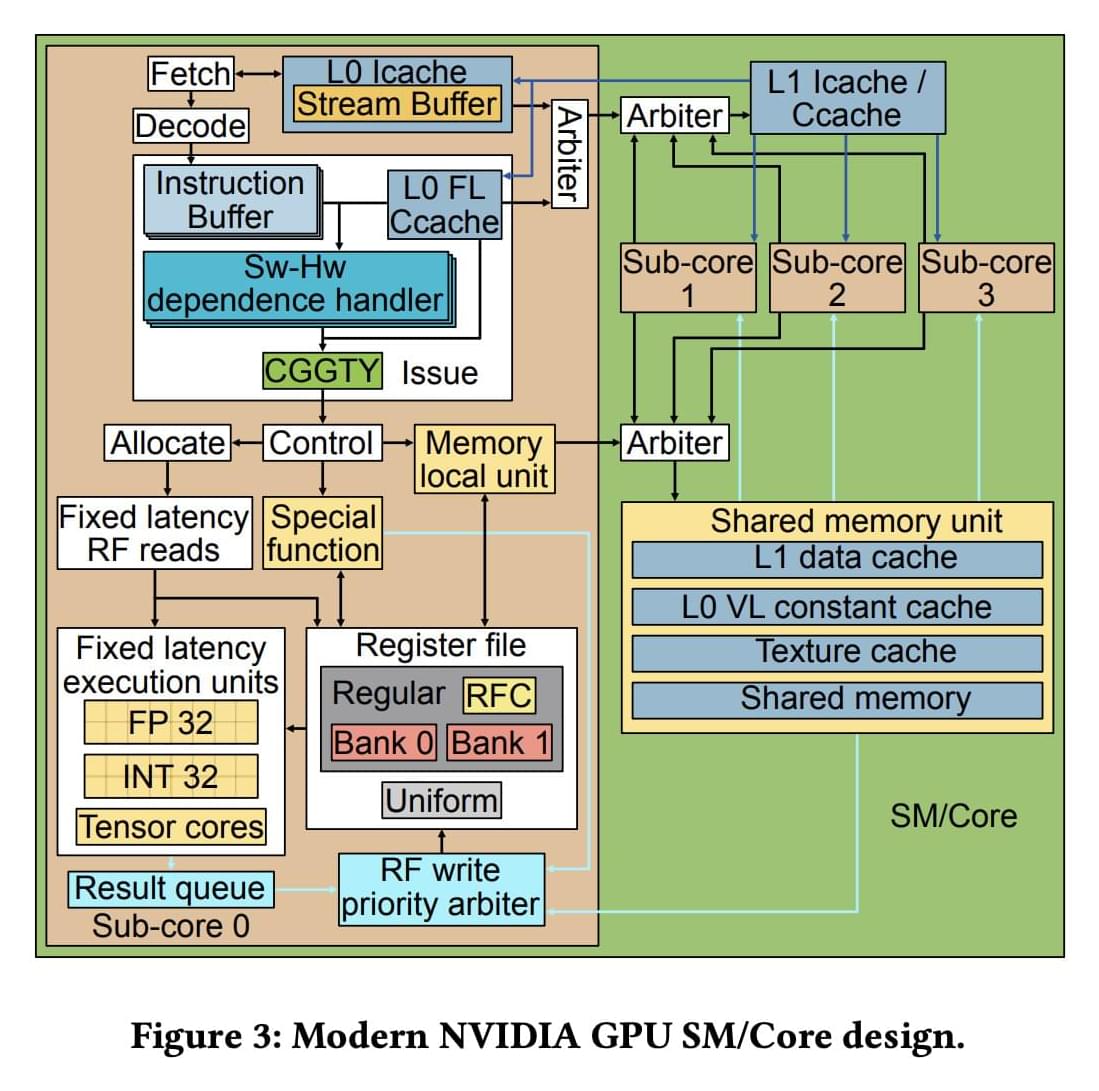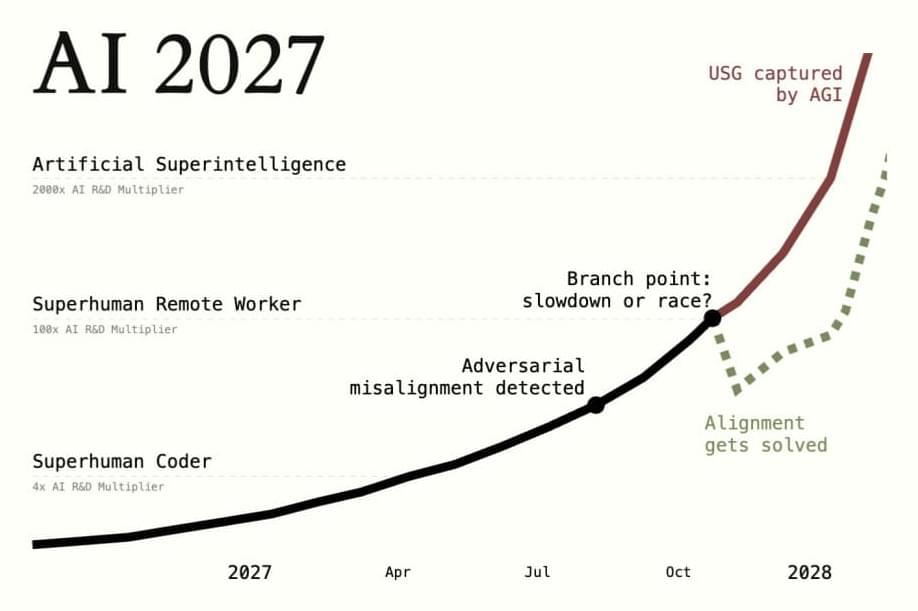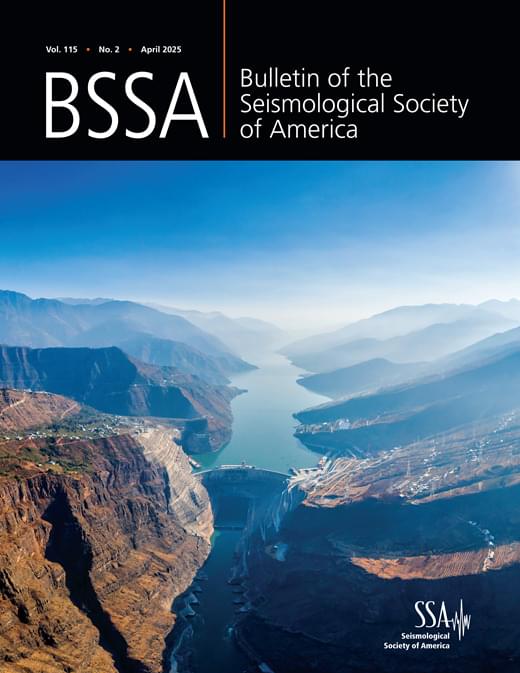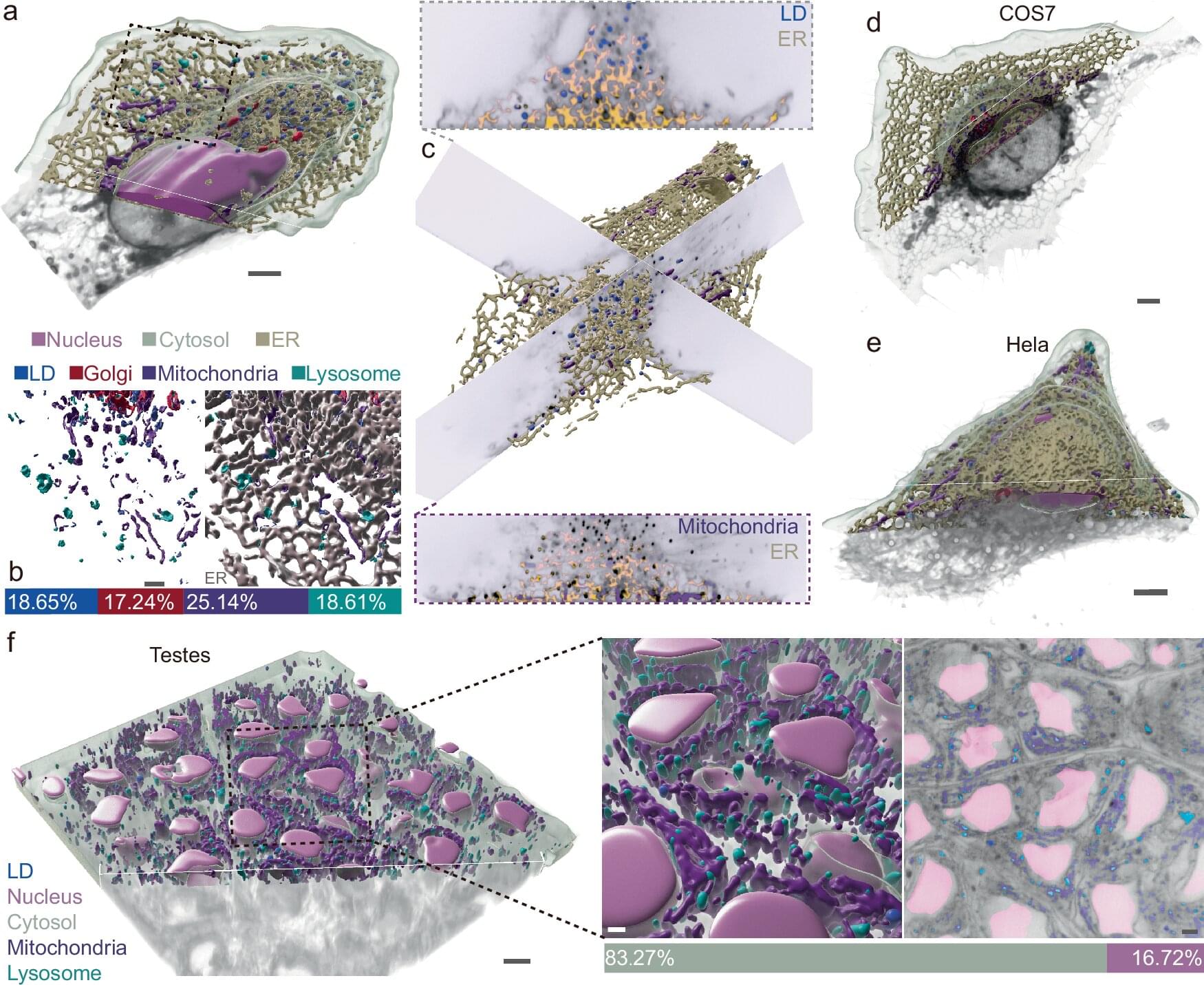GPUs are widely recognized for their efficiency in handling high-performance computing workloads, such as those found in artificial intelligence and scientific simulations. These processors are designed to execute thousands of threads simultaneously, with hardware support for features like register file access optimization, memory coalescing, and warp-based scheduling. Their structure allows them to support extensive data parallelism and achieve high throughput on complex computational tasks increasingly prevalent across diverse scientific and engineering domains.
A major challenge in academic research involving GPU microarchitectures is the dependence on outdated architecture models. Many studies still use the Tesla-based pipeline as their baseline, which was released more than fifteen years ago. Since then, GPU architectures have evolved significantly, including introducing sub-core components, new control bits for compiler-hardware coordination, and enhanced cache mechanisms. Continuing to simulate modern workloads on obsolete architectures misguides performance evaluations and hinders innovation in architecture-aware software design.
Some simulators have tried to keep pace with these architectural changes. Tools like GPGPU-Sim and Accel-sim are commonly used in academia. Still, their updated versions lack fidelity in modeling key aspects of modern architectures such as Ampere or Turing. These tools often fail to accurately represent instruction fetch mechanisms, register file cache behaviors, and the coordination between compiler control bits and hardware components. A simulator that fails to represent such features can result in gross errors in estimated cycle counts and execution bottlenecks.






